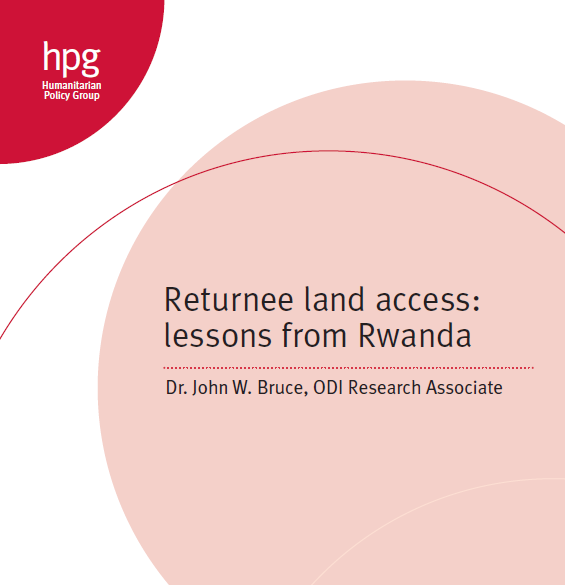Koija Starbeds Ecolodge: A Case Study of a Conservation Enterprise in Kenya.
Conservation enterprises are commercial activities designed to create benefit flows that support a conservation objective. The Koija ‘Starbeds’ Ecolodge was created jointly by a community group, a private sector partner and the African Wildlife Foundation (AWF) to help protect a critical wildlife corridor and habitat along the Ewaso Nyiro River in the Samburu Heartland (www.awf.org). Many conservation enterprises claim success mainly based on their noble intentions,









